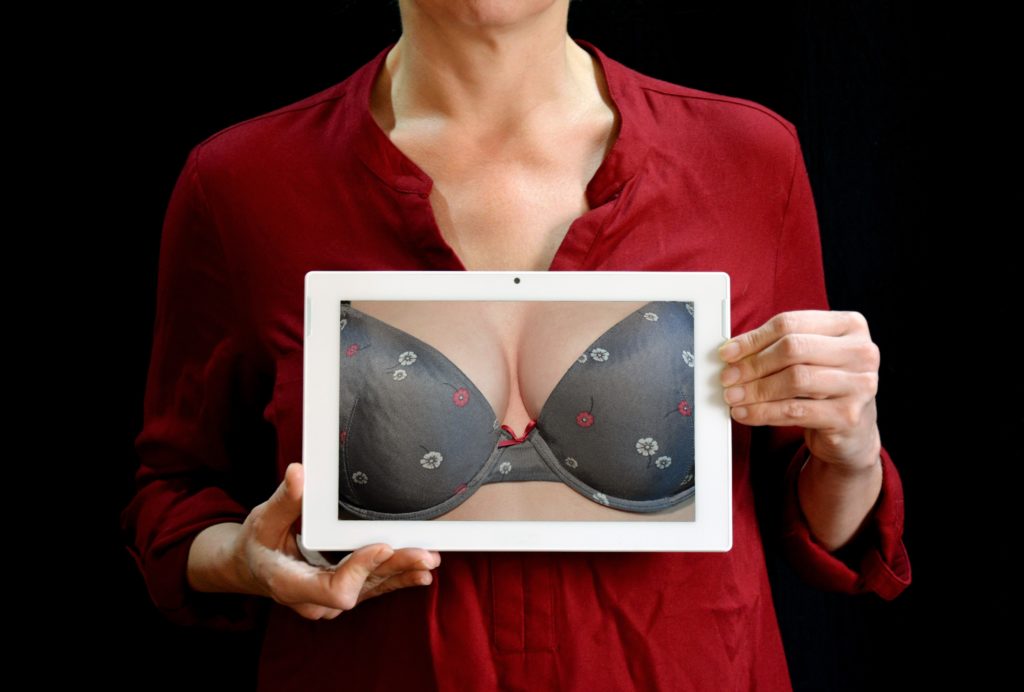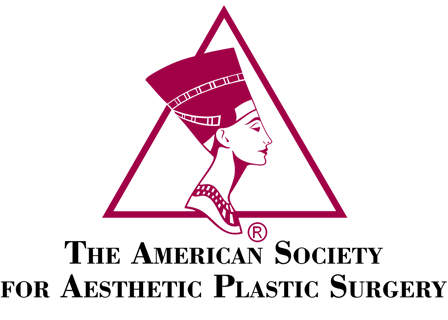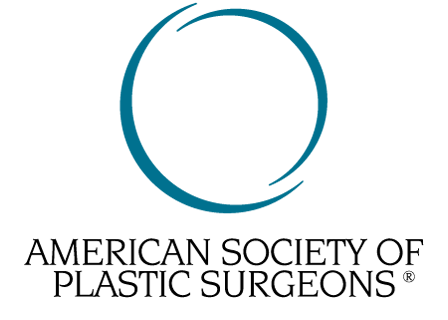If you’re planning to get breast implant surgery in 2018, you’ll be joining the more than 200,000 women in the U.S. who undergo the procedure annually. According to the American Society of Plastic Surgeons, boob jobs have been the No. 1 most popular cosmetic surgery in the U.S. for nearly two decades.* However, getting breast implants is not a decision to make lightly. Even though the procedure is generally very safe, undergoing surgery can take its toll on your body, and not everyone is a good candidate for the procedure. Additionally, there are some risks associated with the surgery, especially for patients who are not in ideal health. Read on for a complete guide to the top 10 things you need to know before getting breast implants.
1: Expect to Pay More Than $3,500
The American Society for Aesthetic Plastic Surgery reports breast implants cost, on average, $3,787** – not including related fees such as anesthesia, prescription medication, support garments and supplies.
Your price will vary depending on factors such as where you live, as well as the difficulty of your procedure and the material you choose to use for your breast implants. Keep in mind that cosmetic surgery is an elective procedure, so you should expect to pay the full price without the benefit of your health insurance shouldering any of the costs. Depending on your health insurance, they may cover your history and physical exam as well as postoperative medications.
2: Not All Cosmetic Surgeons Are The Same
Legally, any surgeon is allowed to perform a cosmetic surgery. However, only board-certified plastic surgeons have completed the necessary training and certification process to be considered qualified to carry out intricate cosmetic surgery procedures. You want to find the best breast surgeon.
Even after you find a board-certified surgeon, you should still make sure he or she has plenty of experience in performing boob jobs. Always ask to see patient testimonials and before-and-after photos. Schedule a one-on-one consultation to get a feel for the surgeon’s personality and demeanor.
3: Some People Aren’t Suitable For Breast Augmentations
Your cosmetic surgeon may recommend against the procedure if you have certain conditions that increase your risks and complications both during and after surgery – including obesity, being a smoker or if breast cancer runs in your family. Be honest about your health and medical history with your chosen surgeon, and report any significant health concerns so your doctor can evaluate your fitness to undergo and recover from surgery.
4: Any Breast Surgery May Impact Your Long-term Breast Health
Though the chances of developing health risks are small for most women, every patient is different. Before the surgery, have a full, proper breast exam and cancer screening with your OB-GYN. If you are in the target age range to get a mammogram, do so. Discuss your decision to get a boob job with both your gynecologist and mammographer, and make sure you fully understand any risks to your overall breast health.
After your breast implants are in place, continue to perform regular self-breast exams and immediately report anything unusual to your gynecologist. The FDA also suggests women with silicone implants get regular MRI breast exams to detect ruptures.
5: You May Need Additional Breast Surgeries Down the Road.
The FDA estimates up to 20 percent of women *** who opt for breast augmentation surgery need to have their implant removed within 10 years, due to complications such as a rupture or leak.
6: You have a choice between two different implant materials: silicone and saline.
Silicone implants tend to be more popular because they look and feel more realistic, but the consistency of the material can make it harder to spot ruptures. You can tell much sooner if there is a leak with saline implants, because they will visibly shrink over time. If there is a saline leak, there is less concern in that our blood normally contains saline.
You can tell much sooner if there is a leak with saline implants, because they will visibly shrink over time. If there is a saline leak, there is less concern in that our blood normally contains saline.
7: There’s no such thing as a “one-size-fits-all” approach to breast augmentation.
Getting breast implants is a highly personalized procedure. Your surgeon will work with you to carefully select where to place your incisions, as well as the best implant size and type to achieve your specific goals.
Having said that, it’s also important to note that you won’t be able to jump from an A cup to a DD cup in one step. Your body and skin need time to adjust, so if you’re looking for a dramatic size increase, a surgeon will likely suggest increasing the implant size gradually over the course of a few years.
8: Be prepared to take time for recovery.
Generally, you can expect to take about seven days off work after a breast augmentation. You won’t be fully recovered, but you’ll be OK to go back to work, assuming your job doesn’t require any heavy lifting or manual labor. However, you should also expect to limit your exercise for up to 12 weeks. Although you can start doing no- to low-impact cardio again after about a week, any high-impact exercise that causes your boobs to bounce – such as running or plyometrics – is a no-no.
9: Breast augmentation could possibly affect your ability to breastfeed.
A small number of women with implants have reported lactation problems. If this aspect of your breast health is important to you, wait until after you are finished with your childbearing and breastfeeding years to undergo surgery.
10: You need to be mentally prepared for surgery.
Don’t lose sight of the fact that undergoing surgery is a significant life decision. You should never get work done to fulfill anyone else’s expectations or in an attempt to live up to an unattainable goal. Ask yourself questions like, “Why do I want this procedure?” and “How will I handle the recovery process?”
If you’re looking for a skilled breast augmentation surgeon, contact board-certified cosmetic surgeon Dr. Michael Kulick for a consultation. With more than 20 years of practice in San Francisco, Dr. Kulick has helped hundreds of patients increase their self-confidence with his skill and eye for detail.
* Source: American Society of Plastic Surgeons, 2016 Plastic Surgery Statistics Report
** Source: American Society for Aesthetic Plastic Surgery, 2016 Cosmetic Surgery National Data Bank Statistics
*** Source: FDA.gov








